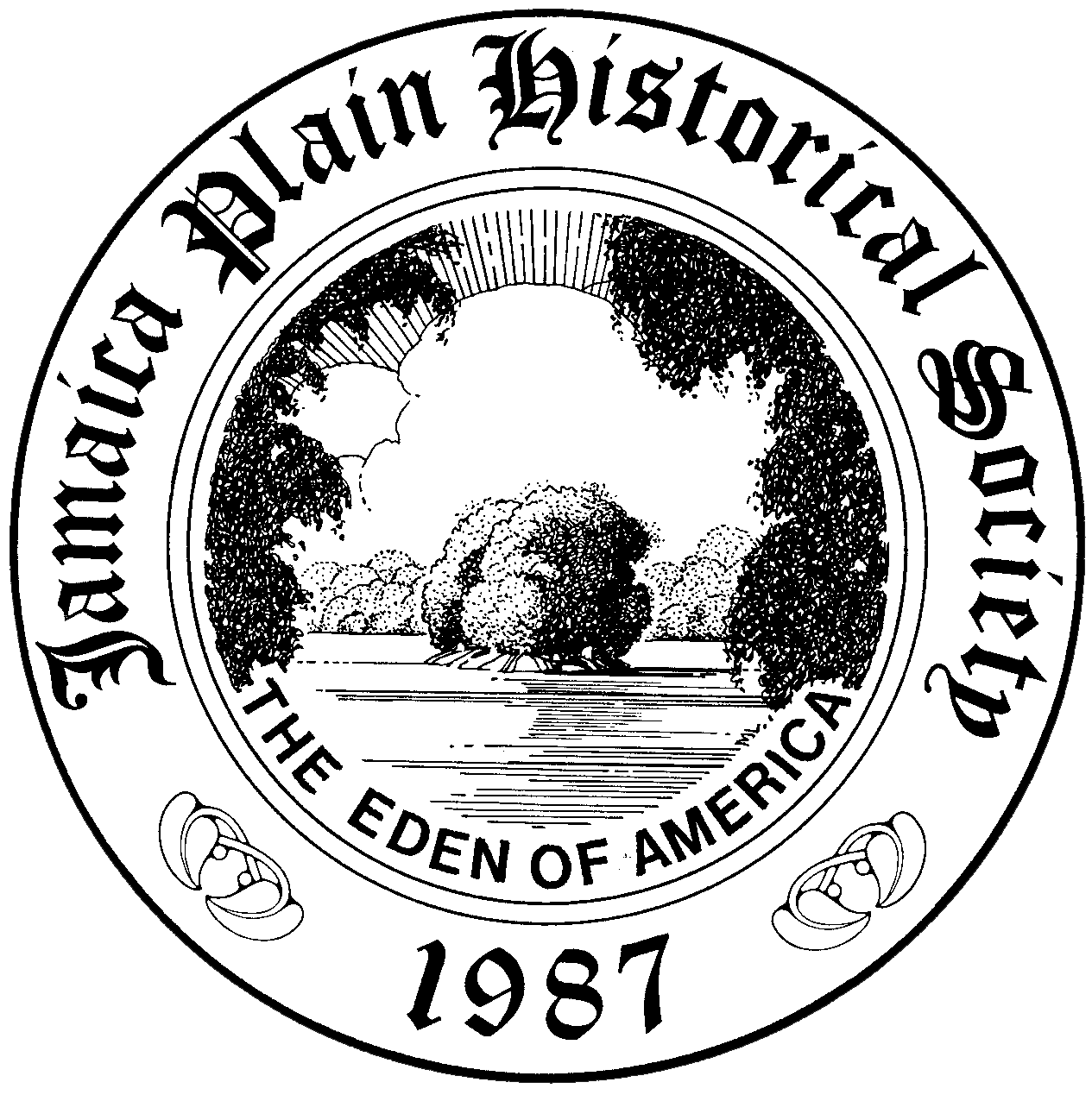Jingle Bells and Jamaica Plain
https://en.wikipedia.org/wiki/Jingle_Bells
When the Southwest Corridor Project that finally linked Amtrak, commuter, and Orange Lines was completed in the 1980s, research of all sorts was done on Stony Brook that plays tag with the tracks in its unseen culvert as well as on the old properties along the route.
One name that emerged in the research was that of Pierpont (or Pierrepont), a family that settled in Roxbury in 1648. By 1657 John Pierpont had bought a 50-acre estate between Stony Brook and Muddy River from money made from a mill on the river – unthinkable today.
A granddaughter, Sarah, married the still-eminent Northampton Puritan minister, Jonathan Edwards, but a family trek westward to Connecticut had already begun with John’s son, James. A 1681 graduate of Harvard College, he became minister of the New Haven church four years later and in 1698 was one of the three ministers who came up with a plan to found a college (now Yale) there in 1700. His great-grandson, John, graduated from that college in 1804, and after starts at teaching, law, and commerce, he became a minister.
He was minister of Boston’s Hollis Street Church from 1819 to 1845 as he powerfully advocated temperance and anti-slavery. His views sent him to Troy, New York, for the next four years, but he was minister again in the Boston area at West Medford from 1849 to 1856. He became a field chaplain in the Civil War and died soon afterwards in Washington. Some of his poetry and prose survives. Of his six children, the fifth, another James, born in Boston on April 25, 1822, is our chief concern.
James was a wanderer brought up in a strict family. He returned home after running away to sea at age 14 and married at Troy in 1846. In the early 1850s he went to California to try his luck, but returned to West Medford to his wife and three children. When his wife died in 1856, James went south and in Savannah two years later married a Georgia belle, by whom he had five more children. There he survived the Civil War, teaching music and doing odd jobs until he moved to Winter Haven, Florida, with his youngest sons. There he died quietly in August, 1893.
All through the 1850s, James, with no family encouragement, had been writing doleful ballads, songs, and polkas for the piano in the style of Stephen Foster (1826-64), of which ten are known. After his first wife’s death he and his children moved back to his father’s home at 87 Mystic St. in West Medford (the house was torn down in 1950). For a Sunday School entertainment at his father’s church, James wrote a song, “One Horse Open Sleigh,” based on the popular winter recreation of the era, and composed the tune at the home of a neighbor, Mrs. Otis Waterman, who happened to possess a rarely seen piano.
Pierpont’s inspiration had been the sleigh races that were held on the Salem St. four-lane speedway between Medford and Malden Squares, where people would stand at their windows to see who had the fastest horse. First published in Boston in 1857, it soon acquired the title of “Jingle Bells,” which is actually a command to the sleigh bells. This now worldwide Christmas song is thus a pre-Civil War New England winter folk song of four verses that for years was dubbed “traditional” until Pierpont’s son insisted on its writer and composer. The Pier(re)ponts of Roxbury had come full circle!
By Walter M. Marx
December 20, 1990
Jamaica Plain
Sources
F. Drake, “The Town of Roxbury,” Roxbury, 1878, pg. 325.
J. Fund, “The Book of Famous Music,” Appleton’s Encyclopedia v. Pier(re)pont.
G.N. Hoover, “I Have a Song in My Head,” Boston Globe, December 12, 1946, pg. A-3.
F.W. Lovering, “The First Jingle Bells,” Yankee Magazine, December 1962, pp. 62ff.

